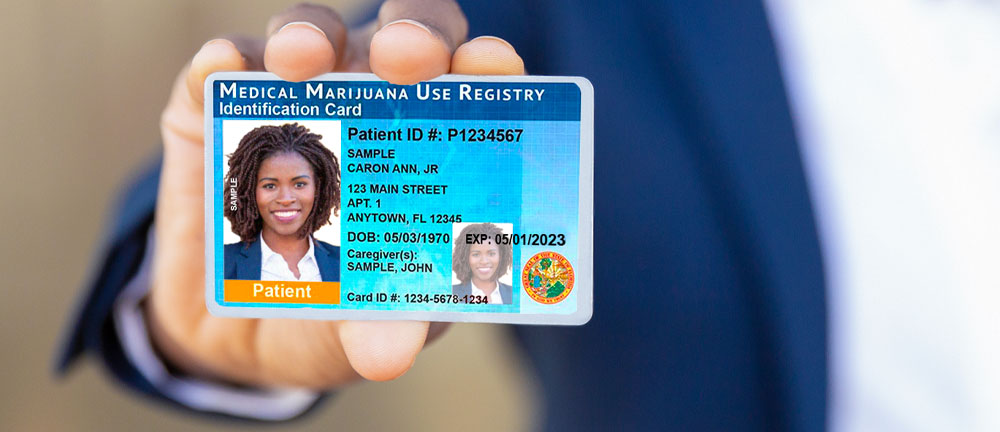
The world is gradually waking up to the therapeutic potential of medical marijuana. With this awakening comes a legal framework allowing patients in need to access it. A cornerstone of this framework is the medical marijuana card. But how does one qualify for it, and what’s the process of obtaining one? Let’s delve in.
Historical Overview of Medical Marijuana Legislation
Medical marijuana, while ancient in use, has only recently re-emerged in modern legislation. Starting with a few pioneering states in the USA in the 1990s, the legal pathway was carved for patients to use marijuana medicinally. But with legality came regulation. This distinction between recreational and medical use gave birth to the concept of the medical marijuana card.
Medical Marijuana Card: What Is It?
Think of a medical marijuana card as a golden key. It grants its holder legal protection against prosecution in states where medical marijuana is legal. Additionally, it allows access to state-approved dispensaries, ensuring safe, regulated cannabis products tailored for therapeutic use.
You can find a lot of great information about medical marijuana cards here: https://www.kentuckycannabis.clinic/kentucky-medical-marijuana-card
Qualifying Conditions for a Medical Marijuana Card
While the list of qualifying conditions can vary by jurisdiction, some common ailments include chronic pain, epilepsy, multiple sclerosis, and certain mental health conditions. It’s crucial to research your specific state or country’s list, as they can be expansive or restrictive depending on local legislation.
The Application Process
a. Initial Consultation:
Before all else, you’d meet with a certified medical marijuana physician. Their role? To assess whether your condition qualifies. Bringing along medical records can streamline this process, offering tangible proof of your ailment.
b. Filling Out Application Forms:
Once you receive the green light from your physician, paperwork ensues. Typically, these forms require personal information, medical history, and details of your qualifying condition. Accuracy is paramount to avoid any hiccups in approval.
c. Associated Fees:
The path to a medical marijuana card isn’t free. Fees can span from the initial doctor’s consultation to the actual card issuance. Some states offer reduced fees for specific groups like veterans or seniors, so it’s worth checking if you qualify for any discounts.
d. Waiting Period and Approval:
Patience is your ally here. Depending on your jurisdiction, processing times can vary. Once approved, you’ll receive your card, and the world of medical marijuana opens up to you. Rejection can occur, often due to incomplete information, but there’s usually a process for reapplication or appeal.
Rights and Limitations of a Card Holder
Having a card doesn’t equate to unlimited access. States often set purchase limits, usually determined by a specified amount over a given period. Traveling with medical marijuana, even with a card, can be a legal minefield, especially across state lines or international borders. And remember, these cards have expiration dates! Mark your calendar for renewal to ensure uninterrupted access.
Conclusion
In the evolving landscape of medical marijuana, the card system serves as a bridge between patients and their medicine, all the while maintaining a legal framework. For those considering this path, knowledge is power. Being well-informed not only eases the application journey but ensures you can make the most of the benefits while staying within the bounds of the law.